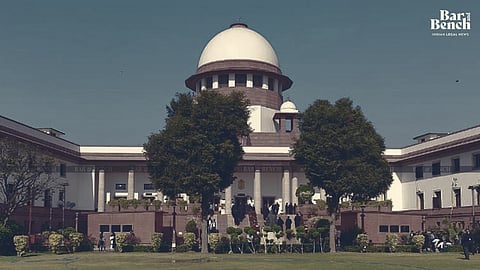
- News
- Columns
- Interviews
- Law Firms
- Apprentice Lawyer
- Legal Jobs
- हिंदी
- ಕನ್ನಡ

Central government and its agencies are not the implementing bodies for schemes relating to menstrual hygiene and it is for the states to implement the existing policies, the Centre told the Supreme Court [Dr Jaya Thakur vs Union of India].